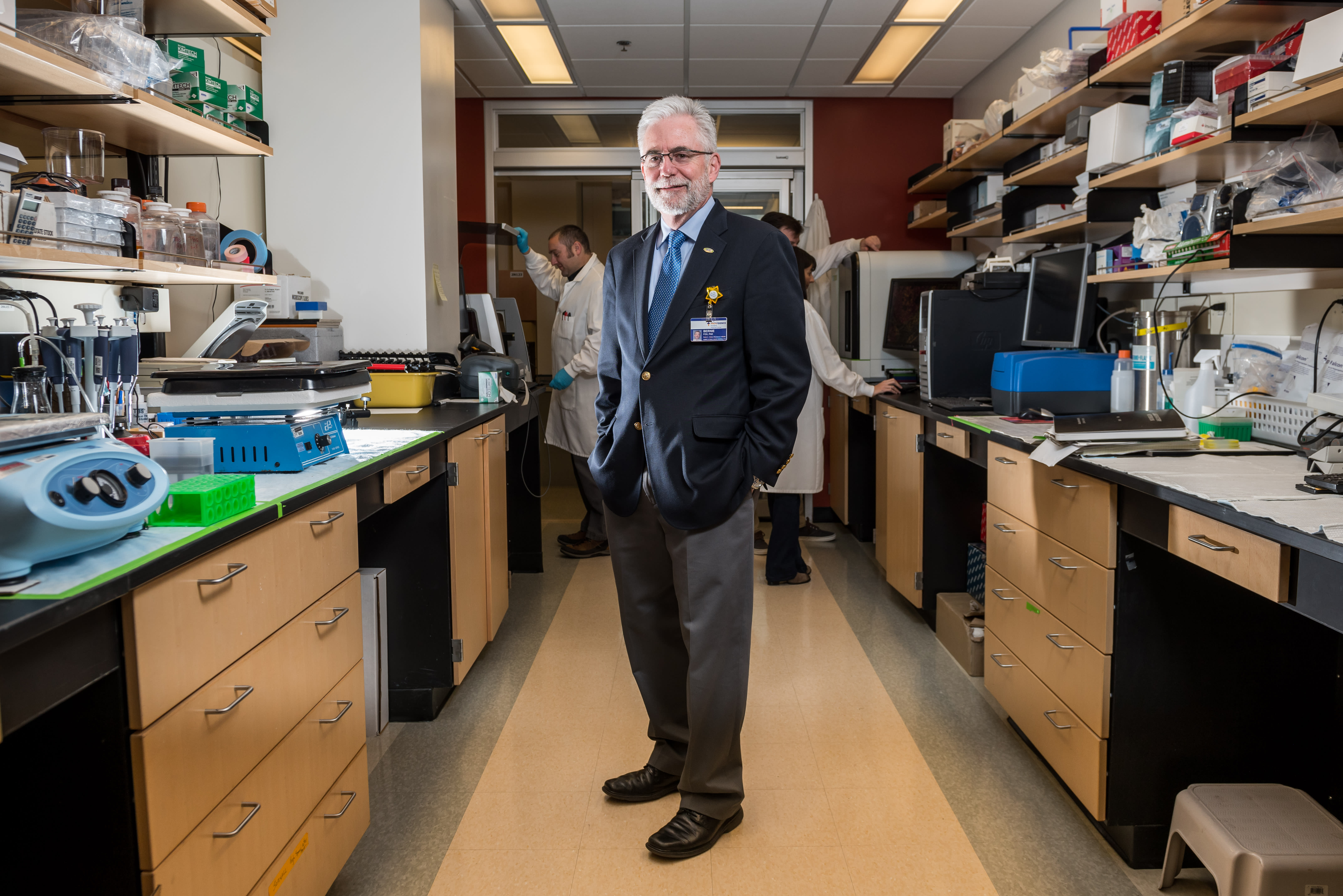Better Outcomes thru Bridges
Better Outcomes thru Bridges
Based all throughout Oregon, the Better Outcomes thru Bridges (BOB) Behavioral Health Programs focus on serving some of our community’s most vulnerable and underserved people. Our goal is to empower individuals on their journey toward better well-being by engaging with compassion, dignity and integrity.
Using our own Collaborative Community Approach Model (CCAM) of care, the BOB team walks alongside clients to help ease their way, literally and figuratively meeting clients where they are at. The Collaborative Community Approach Model focuses on using a person-centered approach, working collaboratively with our community partners and prioritizes inclusive relationships that serve entire communities in which we work.
Rather than an “individual encounter”, our model allows for continuous engagement across the client's service delivery and care continuum.
BOB Regional Behavioral Health Programs include several patient-centered programs and projects within the Oregon region.
- Caring Contacts & Behavioral Health Follow up: BOB Caring Contacts Peer Support Specialists utilize lived experience and the Collaborative Community Approach Model to work with patients who have engaged with our emergency departments while experiencing a behavioral health crisis. Caring Contacts connect our most vulnerable patients to community resources and behavioral health programs while providing needed support services along the way.
- Substance Use Disorder (SUD) Peer Support: BOB SUD Peer Support Specialists use their own lived experiences with addiction to work with patients who have substance use disorders. Peers meet patients in the hospital, who are admitted with medical concerns related to their substance use.
Peers may continue their work with patients after discharge to provide support, service navigation and advocacy in the client’s journey to recovery. Peer Support Specialists are also able to provide support to clients not yet ready for sobriety by utilizing a harm reduction framework. - Inpatient Behavioral Health Outreach Program (BHOP): BOB Peer Support Specialists are based in two of our inpatient behavioral health units with the goal of providing short term support to patients discharging without connections to providers in the community. By focusing on people who have social determinants of health needs (SDOH), the BOB peers will help patients connect with new or existing providers after discharge while helping them navigate addressing their SDOH needs.
The BOB Emergency Department (ED) Outreach & Peer Support Specialists work directly with hospital staff and community partners to identify behavioral health patients with frequent ED visits that may need additional support and services after they discharge. BOB ED Outreach and Peer Support Specialists spend most of their time in the community alongside clients, assisting them in connecting to resources that address their unmet needs while providing trusted support and advocacy along the way.
Created on the principle that “together we can do great things,” this grassroots alliance is made up of many local agencies within the four surrounding counties and beyond. The group, led by the BOB program, meets monthly to explore topics such as best practices and community resources. In addition, we maintain a resource sharing list-serv of approximately 1,000 community partners from almost two hundred agencies. This enables us to better support the populations we serve while cultivating new and existing community partner relationships.
The BOB Team routinely provides street outreach in various communities throughout Oregon. We gather supplies, food, clothing and smiles to bring to those living outside. We also support several other community organizations by attending events, bringing warm meals to community program participants, and responding routinely to emergent situations in the communities in which we serve. These include things such as evacuating homeless camps during wildfires, staffing smoke shelters and shower carts, partnering with tiny home villages and aligning with church communities in supplying those in need with safe places to sleep along with basic food and hygiene items.
To learn more about BOB Programs or to be added to the resource list-serv contact:
Becky Wilkinson, LCSW
Outreach & Peer Support Program Manager, Better Outcomes thru Bridges
Email: rebecca.wilkinson2@providence.org.



